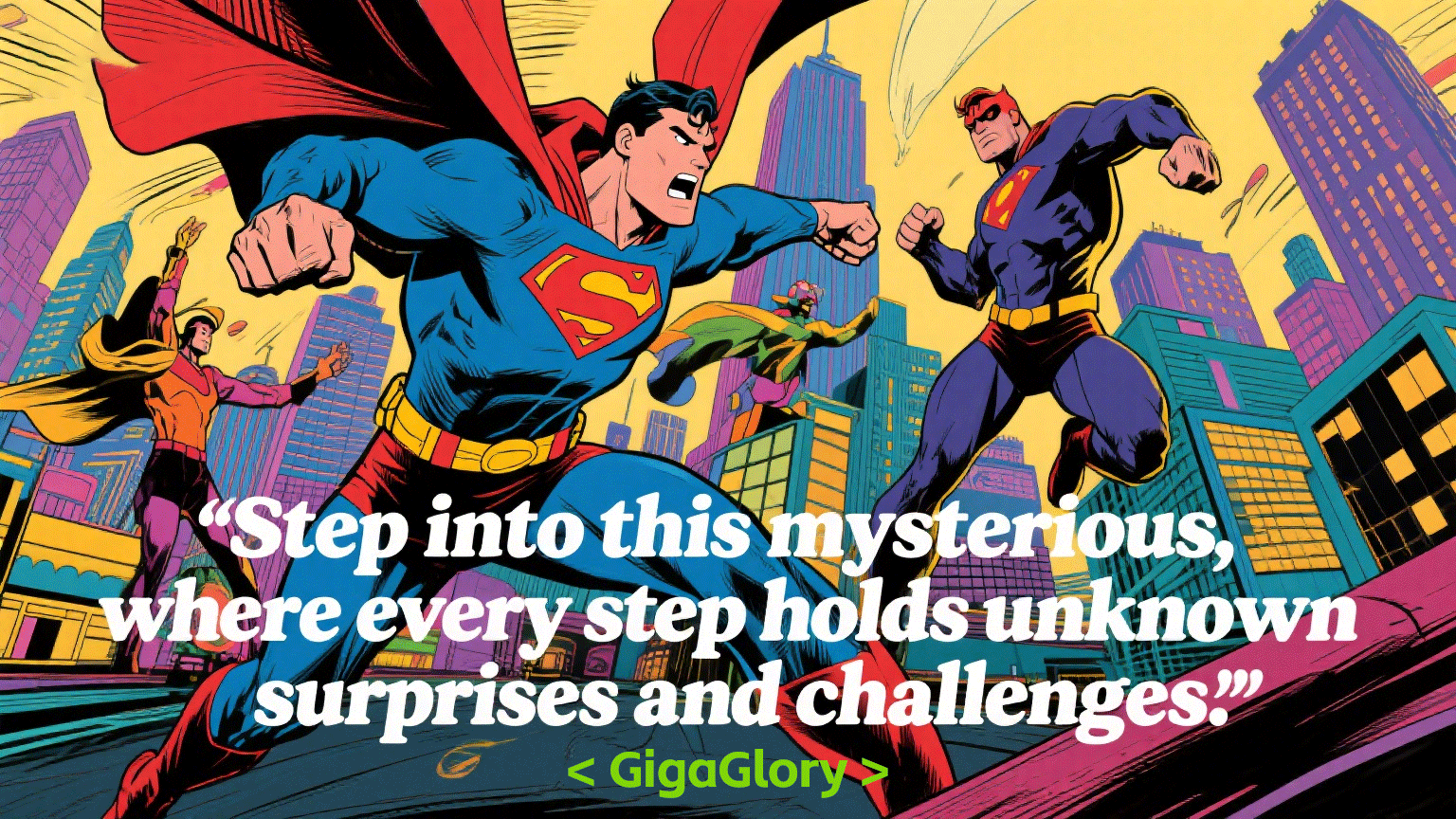Unlocking Learning: How Multiplayer Games Revolutionize Educational Engagement
Understanding the Role of Multiplayer Games in Education
In recent years, multiplayer games have surged in popularity, not just in entertainment, but also in education. These games foster critical thinking, collaboration, and problem-solving skills. They can be a powerful tool for educators looking to engage students in new and exciting ways.
Why Educational Games Matter
Educational games add a significant value to traditional learning methods. They promote active engagement, making it easier for students to retain information. Here are some key benefits:
- Increased engagement and motivation
- Improved problem-solving skills
- Enhanced teamwork and communication
Popular Multiplayer Educational Games
There are countless educational games available, but few capture the imagination as effectively as multiplayer options. Let's explore some of the most popular titles:
| Game Title | Platform | Learning Focus |
|---|---|---|
| Clash of Clans | Mobile | Strategic Planning |
| Roblox | PC, Mobile | Creativity, Coding |
| Minecraft | PC, Console | Architecture, Teamwork |
Clash of Clans: A Closer Look
One standout game is Clash of Clans. Particularly in its Builder Hall 3 level, players are forced to think strategically about their layout and resource management. This game has proven that challenges within gameplay can encourage students to engage more deeply with content.
Utilizing Discord in Educational Settings
Another innovative trend is using platforms like Discord to create communities around games. For instance, Discord the Survival Game offers a collaborative environment for players to share strategies, experiences, and learning resources. This dynamic can greatly enhance educational outcomes.
How Multiplayer Games Support Diverse Learning Styles
Different students have unique learning preferences. Multiplayer games can address various styles such as:
- Auditory Learners: Games often have interactive sound elements.
- Visual Learners: Graphics and visual-based tasks are key in many games.
- Kinaesthetic Learners: Games usually involve hands-on participation.
The Psychological Benefits of Game-Based Learning
Engaging in multiplayer games can also have psychological benefits for learners. These include increased self-esteem, reduced anxiety, and improved social skills as students work together to solve challenges. Such positive changes can be significant, particularly for students who struggle in traditional learning environments.
Creating an Interactive Learning Environment
To maximize the potential of multiplayer games, educators should consider integrating them into the curriculum effectively. Here are several strategies:
- Set clear learning objectives
- Incorporate game mechanics into lessons
- Encourage collaboration through team-based challenges
Assessing Student Learning
Traditional assessment methods may not accurately reflect a student’s learning in a gaming environment. Instead, educators can utilize:
- Performance metrics from the game
- Peer assessments
- Reflective journaling or discussions on learning experiences
Challenges of Multiplayer Educational Games
While these games offer numerous benefits, they also present challenges. Issues such as accessibility, distraction, and game selection must be carefully managed. It’s crucial for educators to choose games that align with their educational goals.
Future of Learning Through Multiplayer Games
The future of education may be shaped by advancements in multiplayer games. As technology evolves, it’s likely we’ll see even more innovative ways for integration into the classroom.
Real-World Applications of Game-Based Learning
Leading organizations are increasingly adopting these approaches. Companies like Google and Microsoft are exploring educational games as part of their training programs. This progressive mindset blurs the lines between traditional education and gaming experiences.
Conclusion
In conclusion, multiplayer games hold immense potential for transforming educational engagement. By harnessing their power, educators can create a more dynamic, interactive, and effective learning environment. As we've explored, games like Clash of Clans and platforms like Discord are just the beginning of what could be a revolutionary shift in education.


